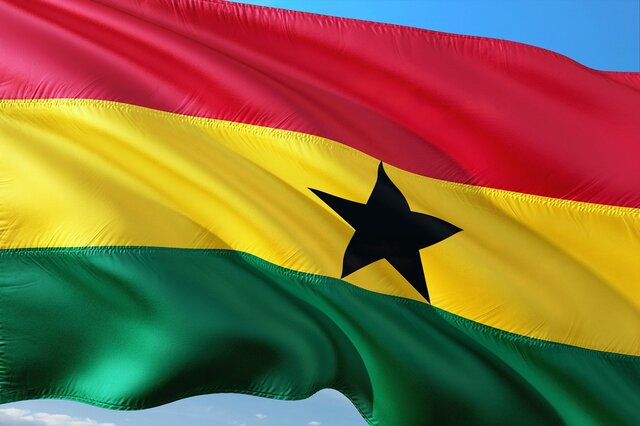Accra – A major producer and exporter of gold, cocoa and oil, Ghana was once seen as an economic locomotive in West Africa, but now finds itself in crisis.
On Monday it suspended payment on part of its external debts as it undertakes restructuring in line with a bailout deal with the International Monetary Fund (IMF).
A factfile on the country:
Top gold producer
Once called the Gold Coast, Ghana overtook South Africa in 2019 to become the continent’s biggest producer of the precious metal.
It is also the world’s second-biggest producer of cocoa after Ivory Coast.
It also exports oil, diamonds, bauxite and manganese.
Once hailed as a regional growth model, it is going through its worst economic crisis in decades, fuelled by the adverse effects of the Covid-19 pandemic and the Ukraine crisis.
It is facing more than 50-percent inflation, a debt burden that gobbles up half of state revenues and a sharp decline in its cedi currency since the start of the year.
It was forced to turn to the International Monetary Fund (IMF), with which it earlier in December reached a $3 billion credit deal.
Independence pioneer
In 1957, the former British colony became the first sub-Saharan African state to win independence, creating a domino effect across the continent.
In 1966, nationalist leader Kwame Nkrumah was overthrown in the first in a series of coups.
Jerry Rawlings then came to power as an air force captain in a 1979 coup.
Although he mounted a second coup in 1981 after allowing elections, Rawlings brought in a constitution that has proved a stable basis for democratic rule.
It has made Ghana into a model in a region often rocked by coups and post electoral crises.
The next presidential election will take place in two years.
With President Akufo-Addo prevented from standing again after two terms, the ruling New Patriotic Party (NPP) is preparing to stage primaries in 2023.
Ashanti kingdom
Modern-day Ghana is home to the Ashanti people, a nation and ethnic group which has wielded power in the region for over 300 years.
Built on gold, the Ashanti empire extended into neighbouring countries and fiercely resisted British colonial rule.
Ashanti monarchs still preside over an area containing around five million people that is roughly the size of Great Britain, or 10 percent of Ghana.
Diplomacy
Ghana has played an important role in mediating in wars and crises that have affected its neighbours.
Chairman of the region’s Economic Community of West African States (ECOWAS) from 2020 to July 3, 2022, Akufo-Addo worked to resolve political crises in Mali and Guinea.
The late Kofi Annan, a Ghanaian, was the first black African to lead the United Nations and won the Nobel Peace Prize for his nine-year tenure that ended in 2006.
Barack Obama chose Ghana for his first visit to sub-Saharan Africa in 2009 after his election as US president.
Although spared the kind of jihadist attacks that have beset some of its neighbours in the volatile Sahel, Ghana has initiated a seven-country regional effort to fight against the spread of the violence towards the coast of the Gulf of Guinea.
Slave trade bastion
Cape Coast, the former European colonial capital, was once the largest slave-trading centre in West Africa from where slaves were shipped to North and South America and the Caribbean.
Now a fishing village, it has become a major tourist attraction since Obama visited with his family.
Akufo-Addo designated 2019 the “Year of Return” to commemorate the 400th anniversary of the first recorded landing of a ship carrying Africans to the US and to encourage their descendants to “come home.”
Follow African Insider on Facebook, Twitter and Instagram
Source: AFP
Picture: Pixabay
For more African news, visit Africaninsider.com


